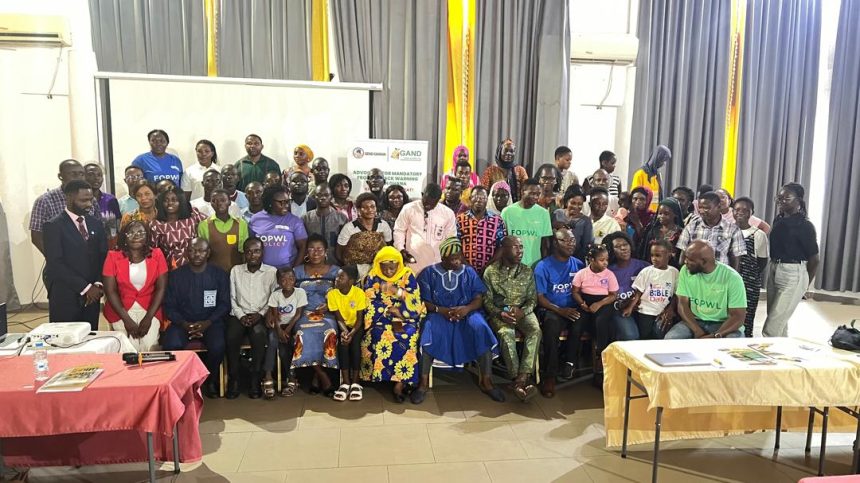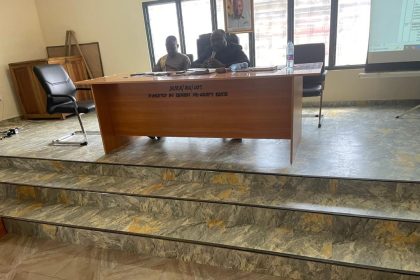A zonal stakeholders meeting has been held in Tamale to deepen participants’ understanding of the draft Front-of-Pack Warning Labelling (FOPWL) policy and gather feedback to shape its final design and implementation.
The meeting, organised in Tamale by SEND Ghana, in collaboration with the Ghana Academy of Nutrition and Dietetics (GAND), also sought to foster inclusive dialogue, build consensus and ensure that the final policy would respond to the realities and expectations of members of the public.
The meeting, held for stakeholders in the northern sector of the country, was attended by students, teachers, traditional authorities, and representatives of NGOs amongst others.
Mr Joseph Danquah, General Secretary, GAND, speaking during the meeting, said the policy became necessary following increasing cases of non-communicable diseases in the country, which were fueled by overconsumption of salt, sugars, excess fat, saturated fats amongst others found in processed and ultra processed foods.
As part of the country’s efforts to address the growing burden of diet-related non-communicable diseases, the government, in collaboration with stakeholders, is developing a FOPWL policy guided by a Nutrient Profile Model.
The objective of the policy is to provide consumers with clear and accessible nutrition information on food packaging to support healthier dietary choices.
Mr Danquah raised issues with serving schoolchildren with such processed foods saying, “And if these children are going to consume these nutrients of concern for five years, 10 years, 15 years, you can understand what the disease burden will be for our country in future.”
He touched on the purpose of the meeting saying “So, today, we are here to sensitise these diverse stakeholders to join our advocacy so that the government shall implement the policy, which will make the consumer or the general public be aware of exactly what they are consuming.”
Professor Kingsley Kwadwo Asare Pereko, from the School of Medical Sciences, University of Cape Coast, and Project Coordinator, GAND, said the policy was to offer consumers the choice of healthier food options.
He said “All that we are simply saying is that for us to make healthier food choices, let us have a warning in the front pack that is literally enough to tell us that this food has high concentrations of these elements of nutrients, which is the sugar, salt, trans fats, and the saturated fat.”
He added “If these are high in the food, I need to know. So, I can make informed choices of what food I need to eat or what I need to buy. And so, it’s a healthier option in improving our food environment.
Steffi Nana Aba Bordoh, a teacher, who was a participant, lauded the policy, saying it would go a long way to reduce cases of non-communicable diseases in the country as consumers would make healthier choices.
Other participants also lauded the policy, saying it was long overdue to protect the public.
Madam Helene Garti, North Zone Lead, GAND commended participants for their insights, saying it would ensure that the policy was based on real life experiences.
GNA





